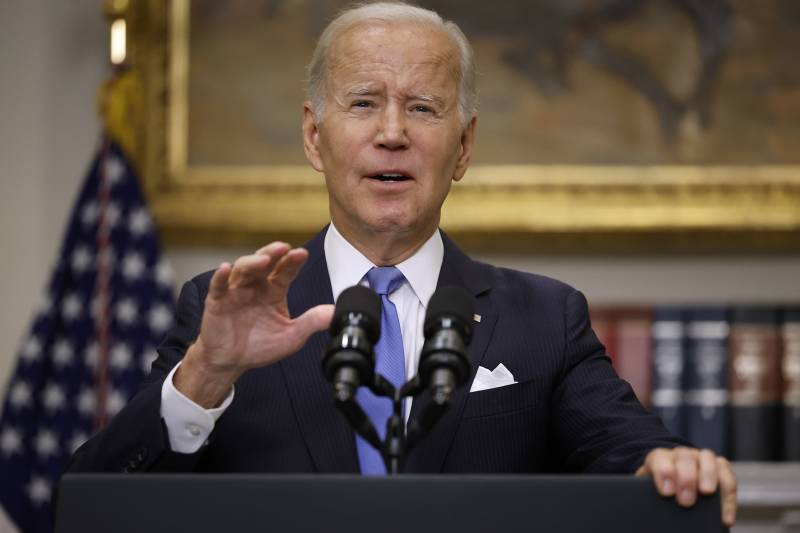President Biden on Thursday announced that he is taking executive action to pardon people convicted of simple marijuana possession under federal law and Washington, D.C. statute.
The pardons will be done through an administration process to be developed by the Justice Department, senior administration officials told reporters on a briefing call, and will cover citizens and lawful permanent residents.
“Sending people to prison for possessing marijuana has upended too many lives and incarcerated people for conduct that many states no longer prohibit,” Biden said in a statement.
More than 6,500 people were convicted of simple possession between 1992 and 2021 under federal law, and thousands more under D.C. code, the officials said. Biden had promised the action during his campaign.

9(MDAxOTAwOTE4MDEyMTkxMDAzNjczZDljZA004))
